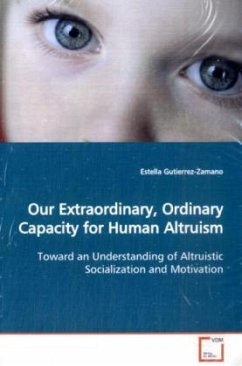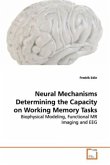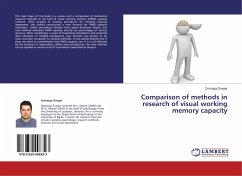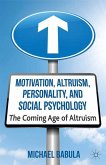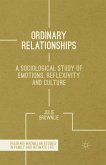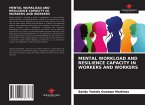This work makes a contribution to research on
prosocial behavior because the participants
insights reflect a particular conception of everyday
altruism, a definition that highlights altruism s
nature as a needs-based motivation. Altruism, then,
is defined as behavior primarily motivated by the
actor s need to enhance the welfare of another that
involves personal sacrifice for the altruistic actor
and that may be motivated secondarily by self-
benefit. This understanding of altruism debunks the
notion that altruism consists of action wholly
devoid of self-interest and instead situates it
within a larger motivational system of basic human
needs. In addition, the majority of research
participants connect traumatic past experiences to
their present-day altruism. These experiences
socialized the participants both to experience
personal need and care for needy others. The
findings build on our current understanding of
altruistic socialization and motivation.
prosocial behavior because the participants
insights reflect a particular conception of everyday
altruism, a definition that highlights altruism s
nature as a needs-based motivation. Altruism, then,
is defined as behavior primarily motivated by the
actor s need to enhance the welfare of another that
involves personal sacrifice for the altruistic actor
and that may be motivated secondarily by self-
benefit. This understanding of altruism debunks the
notion that altruism consists of action wholly
devoid of self-interest and instead situates it
within a larger motivational system of basic human
needs. In addition, the majority of research
participants connect traumatic past experiences to
their present-day altruism. These experiences
socialized the participants both to experience
personal need and care for needy others. The
findings build on our current understanding of
altruistic socialization and motivation.

